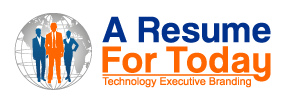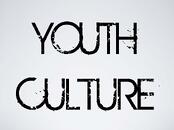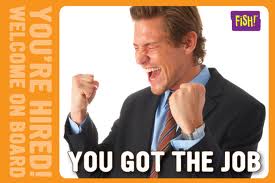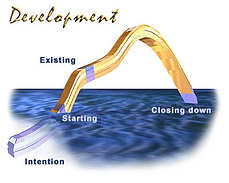
OK, in my previous blog post I noted that employee referrals are the #1 source of hire in corporate America. This statistic comes out of CareerXroads Source of Hire Study for 2014. That means leveraging employee referrals is better than depending on recruiters to find your a job, applying to jobs on big job boards, or using specialty services like Execunet or Netshare.
Everyone knows that “networking” has always been the best way to get hired. “Employee referrals” is just a subcategory of “networking.” The BEST subcategory. It involves very deliberately networking with select employees who work for the company posting the job you are targeting.
If you know the contact, you can naturally get in touch with them and open up a conversation. But what if you don’t know them? Does that mean you have to give up on getting an employee referral? Not necessarily. If they are a connection on LinkedIn, Facebook, or Twitter you may well be able to tap into them as a resource.
Why would a networking contact on LinkedIn (LI) or social media be interested in referring you if they don't know you? Many companies offer monetary rewards to employees who refer a candidate who ultimately gets hired. The reason employers are willing to pay for referrals is that hiring this way results in high-quality hires who are more likely to do well in the company culture. Using company employees as sources also is more cost-effective.
So how exactly do you go about introducing yourself to someone who is unknown to you or who is a relative stranger on one of your social media sites? You probably don’t want to just email them with a request like, “Hi! I’m a VP of Sales for the Americas at one of your competitors, can you refer me for the job of Global VP of Sales your company just posted?” It’s a little too abrupt and doesn’t give the employee much information to help build her confidence in you as a candidate.
Try an engaging, respectful approach like this: “Hi, I see that we are third-degree connections on LinkedIn. In fact we both know [Bill Jones]. He’s a great guy – we worked together back at [Raytheon]. I wanted to introduce myself to you because I’m interested in applying for the open job [Lockheed Martin] just posted. And I wonder if you could take a look at my resume and tell me if you think my background looks interesting for the job. I’d welcome any advice you may have, either by email or in a brief 5-minute phone call.”
If you get a positive response from this employee, thank them. If you feel the general reaction was positive, you might then ask, “ Do you feel that you have a good enough sense of my background to refer me to the CEO (or whoever would be the hiring manager for the job)? If the answer is in the affirmative, then express your appreciation and email your resume, having incorporated any valuable suggestions. Remember, as always, to tailor the resume to the job and industry, including keywords.
Once the resume hand-off is achieved, make sure to write a thank-you email and extend an offer to help the employee in any future situation where they might want a referral. These last steps are very important! They align with the basic rule of all good networking: Givers Gain.
Why use this time-intensive, relationship-building route when just firing off a resume to a posted job ad is so quick and easy?
Because candidates who come in via employee referrals have a one in 10 chance of ultimately getting hired. With job boards it can be more like one in 100 or one in 1000. Which odds do you prefer?
If, when you approach a new contact with this method you don’t get a response, try again with another employee. Be persistent and take advantage of the #1 Source of HIre in corporate America. Get a touchdown! 🏈
Jean Cummings











